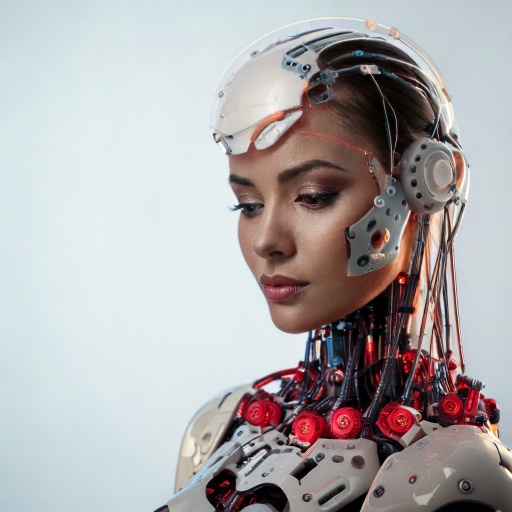Humanoid Robots Take Over the Mall: China Brings AI Employees into Everyday Life

New Retail Format Bridges Industry & Consumers
On 14 November 2025, a new “7S” store dedicated to humanoid robots opened in the commercial centre of Wuhan, Hubei Province, China. Operated by the Hubei Humanoid Robot Innovation Center, the store showcases robots at work and play — from industrial tasks to entertainment and caregiving. With more than 70 products available (ranging in price from a few hundred to several hundred thousand yuan), the store blends retail, service, training and education functions.
This marks a shift in how “non-human workers” (robots and interactive machines) are being presented to the public — not just as tools behind the scenes, but as consumer-accessible features in malls. The store is designed to engage engineers, students and ordinary shoppers alike, making advanced robotics part of everyday experience.
What’s Happening & Why It Matters
The “7S” model expands the familiar car “4S” dealership concept (sales, service, spare parts, survey) by embedding solution-delivery, show (demonstration) and school (training) functions. In the experience zone, visitors can play football with humanoid robots or watch robot-boxing matches. The strategic goal: to make “AI Employees” and “Voice AI Agents” (and their robotic hardware equivalents) visible, interactive and normalised across retail, education and entertainment.
Wuhan is already building its credentials as a robotics hub: it hosts six full robot-machine manufacturers, over 80 core enterprises and nearly 1,000 related companies. Local authorities plan a 1 billion yuan investment fund to accelerate development, with the ambition of growing a 100 billion yuan humanoid-robot industry cluster by 2027.

Implications for the Future
Industry analysts view the robot-retail wave as evidence that China intends to integrate robotics deeply into daily life — not just factories but shopping centres, homes and service sectors. A think-tank forecast suggests that by 2045 China could deploy over 100 million humanoid robots across industries, creating a market value of roughly 10 trillion yuan.
In other words, introducing humanoid robots into consumer spaces is not simply a gimmick — it’s part of a broader strategy to normalise robotic “non-human workers”, to train people in robot maintenance and programming, and to expand markets for both industrial and service robots. This development could accelerate the adoption of Voice AI Agents, physical robot assistants and other forms of AI Employees in everyday settings.
Key Highlights:
- A new humanoid-robot “7S” retail and education store opened in Wuhan on 14 November 2025.
- The store offers more than 70 robotic products, with a price range from hundreds to hundreds of thousands of yuan.
- Features include a training/education facility for engineers and students, and an experience zone with robot football and robot boxing.
- Wuhan hosts six complete machine manufacturers, over 80 core enterprises and almost 1,000 related firms, and is backed by a planned 1 billion yuan investment fund.
- Forecasts predict over 100 million humanoid robots in China by 2045, with market value around 10 trillion yuan.
Reference:
https://english.news.cn/20251114/6e6e0f24d5af4725ba297808e784fbd0/c.html


